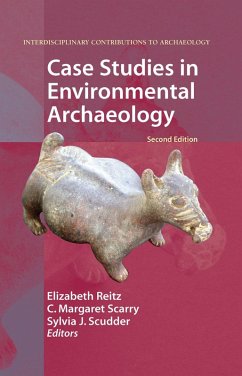This second edition is based on the 1996 book of the same title. The editors have invited back a number ofcontributors from the first edition to revise and update their chapter. They also have included new studies in order to cover recent developments in the field or additional pertinent topics. It also includes a separate index listing the scientific and vernacular names of plants and animals referenced in the volume.
These case studies present examples from sites in North America, the Caribbean, and South America. Some of the key topics addressed in this unique volume include:
Systemic relationships between people and the physical environments and paleoenvironments in which they live
Relationships among landscapes, resource use, residential patterns, and political alliances
Issues involving human nutrition, health, mobility, sedentism, plant and animal domestication, diet, and trade
Subsistence strategies and resource availability
Intra-community social relations, rural/urban relationships, ethnicidentity, and the development of social complexity
Dieser Download kann aus rechtlichen Gründen nur mit Rechnungsadresse in A, B, BG, CY, CZ, D, DK, EW, E, FIN, F, GR, HR, H, IRL, I, LT, L, LR, M, NL, PL, P, R, S, SLO, SK ausgeliefert werden.









